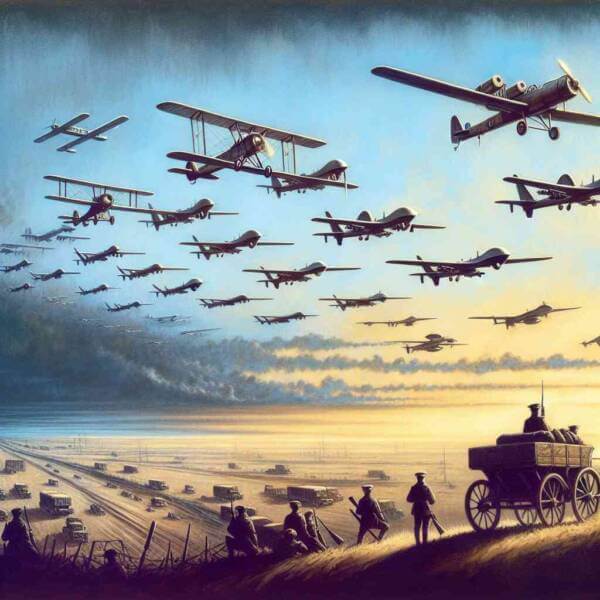
Since its beginnings in the early 20th century, military aviation has revolutionized warfare.
Today, military aviation encompasses a wide range of aircraft types, from fighter jets and bombers to surveillance drones and transport planes.
History of Military Aviation
As technology advanced, airplanes were adapted for combat, changing the nature of warfare forever.
Key developments over time:
- First use of armed aircraft in combat
- Creation of long-range bombers and jets
- Emergence of strategic bombers and nuclear deterrence
- Modern drone warfare
Each era brought new technologies that pushed the limits.
Different Roles of Military Planes
Military aviation includes a variety of aircraft, each designed for unique purposes.
Major aircraft classifications:
- Aircraft designed for air-to-air combat
- Bombers
- Logistical support aircraft
- Eyes in the sky for modern armies
Each type plays a critical function in military operations, from securing airspace.
The Strategic Value of Military Aviation
Air superiority is vital for achieving military success.
Benefits of air superiority include:
- Reducing enemy effectiveness
- Targeting infrastructure and logistics
- Gathering critical intelligence
- Demonstrating power and deterrence
Nations with strong military aviation capabilities can shape outcomes.
The Next Generation of Military Aircraft
Constant research and development push boundaries for future warfare.
Future technologies in military aviation:
- Stealth technology
- Ultra-fast strike capabilities
- Autonomous drones
- Laser and electromagnetic systems
These advancements increase survivability for air forces worldwide.
Obstacles Facing the Industry
Despite technological superiority, military aviation faces numerous challenges.
Key challenges include:
- Expensive research and operations
- Short life cycles for cutting-edge aircraft
- Cybersecurity threats
- New debates about AI in warfare
Addressing these challenges is essential for maintaining air power.
Where Military Aviation is Heading
The future of military aviation military aviation promises an era of transformation.
Expected advancements:
- Autonomous mission planning
- Space as the next battlefield
- Developing sustainable aviation technology
- Collaborations across allied air forces
The next era of military aviation will redefine defense.
Final Thoughts on Military Aviation
Military aviation remains an irreplaceable element in global defense.
As technology continues to evolve, the skies will remain a critical arena where military aviation safeguards freedoms.
The future of military aviation is full of potential — and it’s only just beginning.